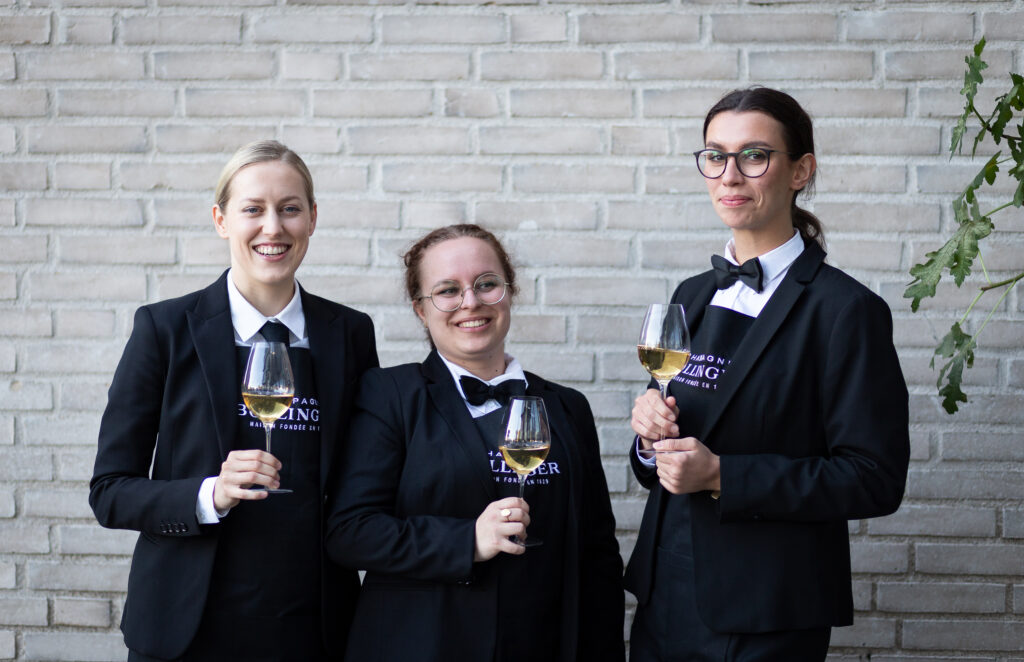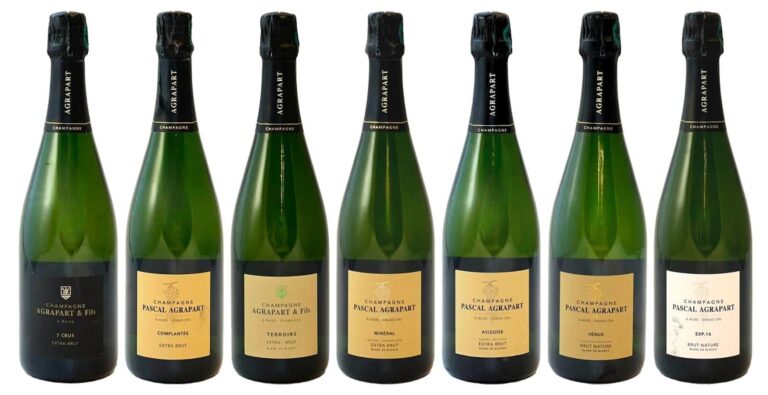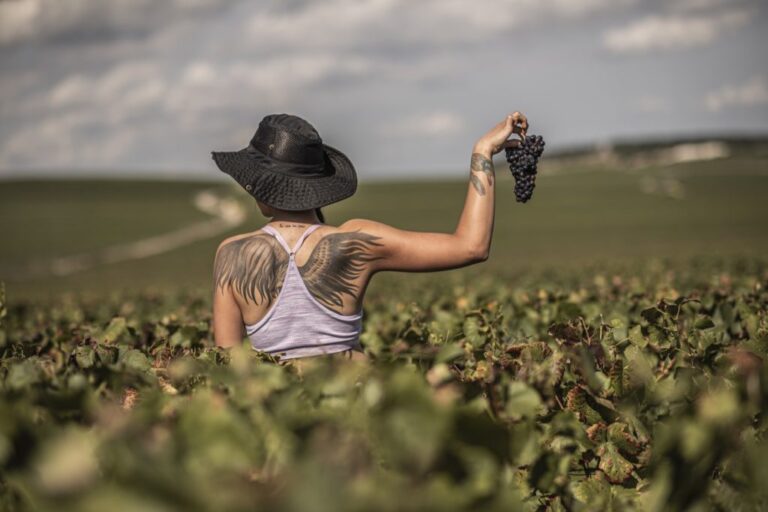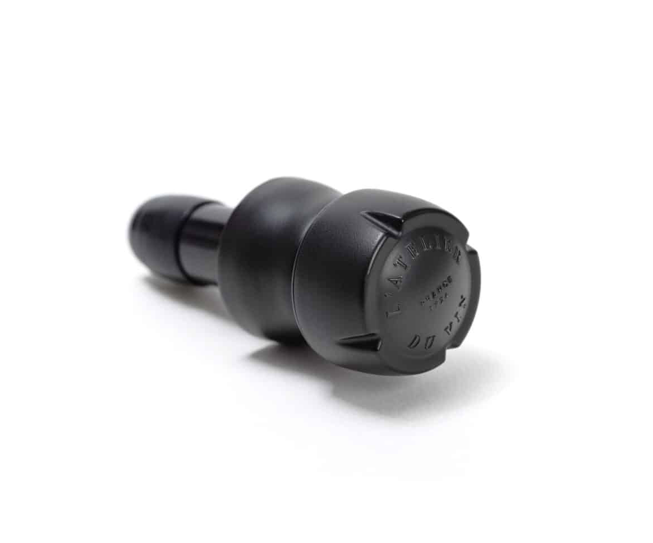Now the semifinals of this year’s Lily Bollinger Award have been decided. Those who advance to the final on September 11 and have the chance to win the prestigious title ‘Lily Bollinger of the Year 2023′.
Estimated reading time: 3 minutes

They compete for the prestigious title ‘Lily Bollinger of the Year‘
The semi-finals of this year’s Lily Bollinger Award have now been decided. Those who advance to the final on September 11 and have the chance to win the title “Lily Bollinger of the Year” are Ida Kilåker and Lovisa Johansson from Lenoteket and Malin Vallin from Hunger & Törst.
Seven female sommeliers competed against each other during the semi-finals of this year’s Lily Bollinger Award, which consisted of three parts: blind tasting, theory and a practical part. Together with the other participants, the finalists impressed greatly during the exciting semi-final and it is now clear that Ida Kilåker, Lovisa Johansson and Malin Vallin will make it through to the final.
‘We are incredibly impressed by this year’s participants, who should all be proud of how they handled the challenges they faced during the competition. The starting field was strong and it was an even and exciting final where our three finalists excelled in all stages,’
says Emma Ziemann, competition manager for the Lily Bollinger Award
The competition has a high national status and the well-reputed title “Lily Bollinger of the Year” has meant a career boost for many Swedish female sommeliers.
The competition parts
The contestants were directly tested during the semi-finals with an extensive written blind test of three wines from Rioja. They would describe the appearance, aroma and taste of the wines as thoroughly as possible, after which they would draw conclusions about what was served in the glass. In addition, they would give suggestions for serving and food recommendations. In the theoretical part, the competition participants were given a written test which included the task of identifying wine regions and production processes as well as correcting an extensive wine list full of errors. In the final stage of the competition, the participants had to carry out a classic dining room event in the form of decanting a mature wine with sediment and preparing and serving a gin and tonic. The task was about welcoming the guest and handling several tasks at the same time to simulate a restaurant scenario under time pressure.








